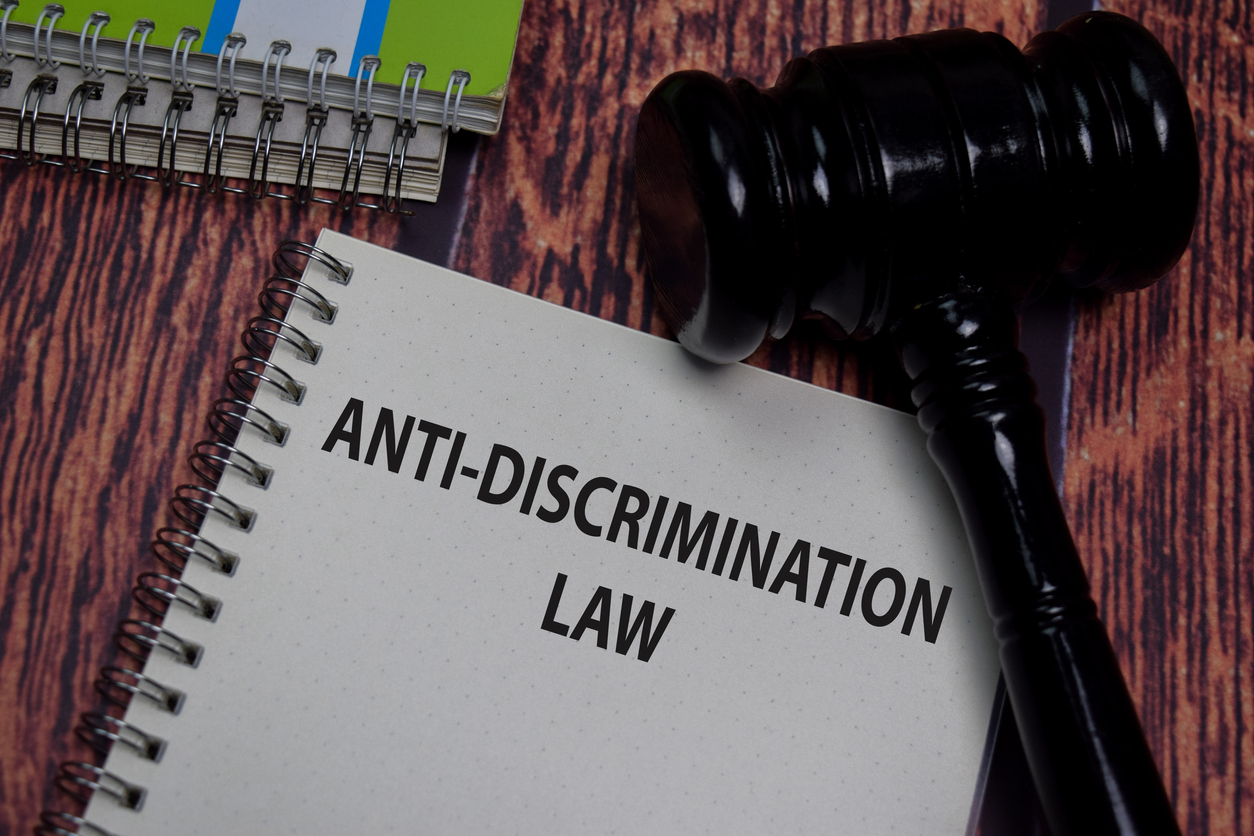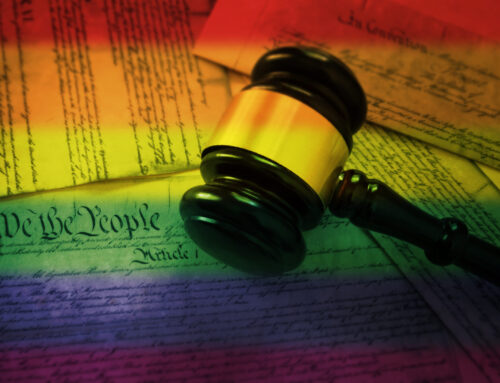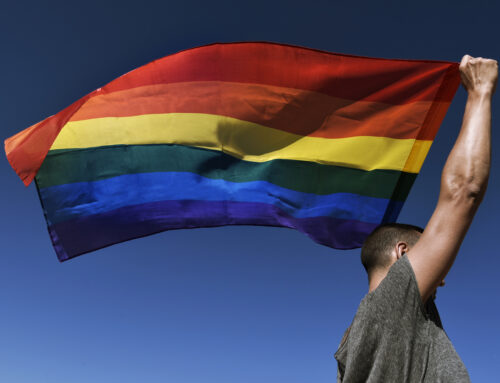Experts have suggested the decision of an appellate court regarding Hobby Lobby’s treatment of a transgender employee could have implications for transgender individuals and businesses across the nation.
The decision involves a Hobby Lobby employee named Meggan Sommerville, a transgender woman. Sommerville completed transitioning in 2010. However, Hobby Lobby denied her access to the women’s bathroom in the store where she worked.
Court filings indicate that denial of access to the bathroom had a range of negative impacts on Sommerville. She experienced nightmares and even limited her fluid intake to minimize her need to use the restroom.
The Decision of the Illinois Second DCA
On Friday, August 13, 2021, the Illinois Second District Appellate Court upheld a previous decision that Hobby Lobby’s policy represents a violation of the Illinois Human Rights Act. Specifically, the decision indicated that Hobby Lobby violated the law both as an employer and a place of public accommodation.
The panel that upheld the earlier decision consisted of three judges. According to the panel, “Sommerville is female, just like the women who are permitted to use the women’s bathroom. The only reason that Sommerville is barred from using the women’s bathroom is that she is a transgender woman.”
This case is particularly noteworthy because it is the first instance in which a court in this jurisdiction has ruled on this particular legal issue. According to Sommerville herself, “[t]his is a precedent-setting case in Illinois, because the Human Rights Act has never been tested in this way in Illinois, and actually in the country.”
What People Are Saying About the Decision
Jim Bennett, director of the Illinois Department of Human Rights, also weighed in on the decisions. He stated, “Ms. Sommerville’s experience of discrimination is certainly not unique, as too many of our transgender friends and neighbors continue to face acts of discrimination and hate. With this decision, the IDHR has been given a clear path to enforce the Commission’s orders concerning the rights of trans persons.”
Other advocates for transgenders individuals have commented on the degree to which this decision might influence people across the country. One expert on the subject stated, “I think other states will generally be able cite this ruling, because of how sweeping it is. This is not limited to employment. This is the public policy of the state of Illinois. The court went out of its way to knock down every justification for treating trans people differently in public. It made it clear there’s no justification.”
Experts have specifically pointed out that this decision could affect circumstances not just involving access to restrooms. For instance, other states and jurisdictions could cite this example when handling cases involving the right for transgender girls to play on female sports teams in school.
What’s Next for LGBTQ Members After the Decision
This is a development that naturally gives many a reason to feel optimistic. However, it’s important to understand that the matter may not be fully resolved. Hobby Lobby could appeal and take the case to the Illinois Supreme Court. The company could even theoretically take the case to the U.S. Supreme Court. It’s not clear whether the company currently has any intentions of pursuing the matter.
It’s also critical to remember that victories such as this don’t suggest the struggles transgender individuals face are through. On the contrary, LGBTQ advocacy groups have pointed out that 30 states introduced 70 measures that would theoretically prohibit transgender children from participating in sports teams that consist of members of their own genders during the 2021 legislative session. A minimum of 15 bills were also introduced attempting to prohibit transgender people from using bathrooms or locker rooms for people of their own genders. Being vigilant and addressing the mistreatment of and discrimination against transgender people remains as important as ever.
That said, this decision does serve as a reminder that the existence of human rights acts and anti-discrimination laws can play an essential role in how policies regarding transgender people’s rights develop. As Sommerville herself has stated regarding the court’s decision, “They followed the law.” She is correct.





